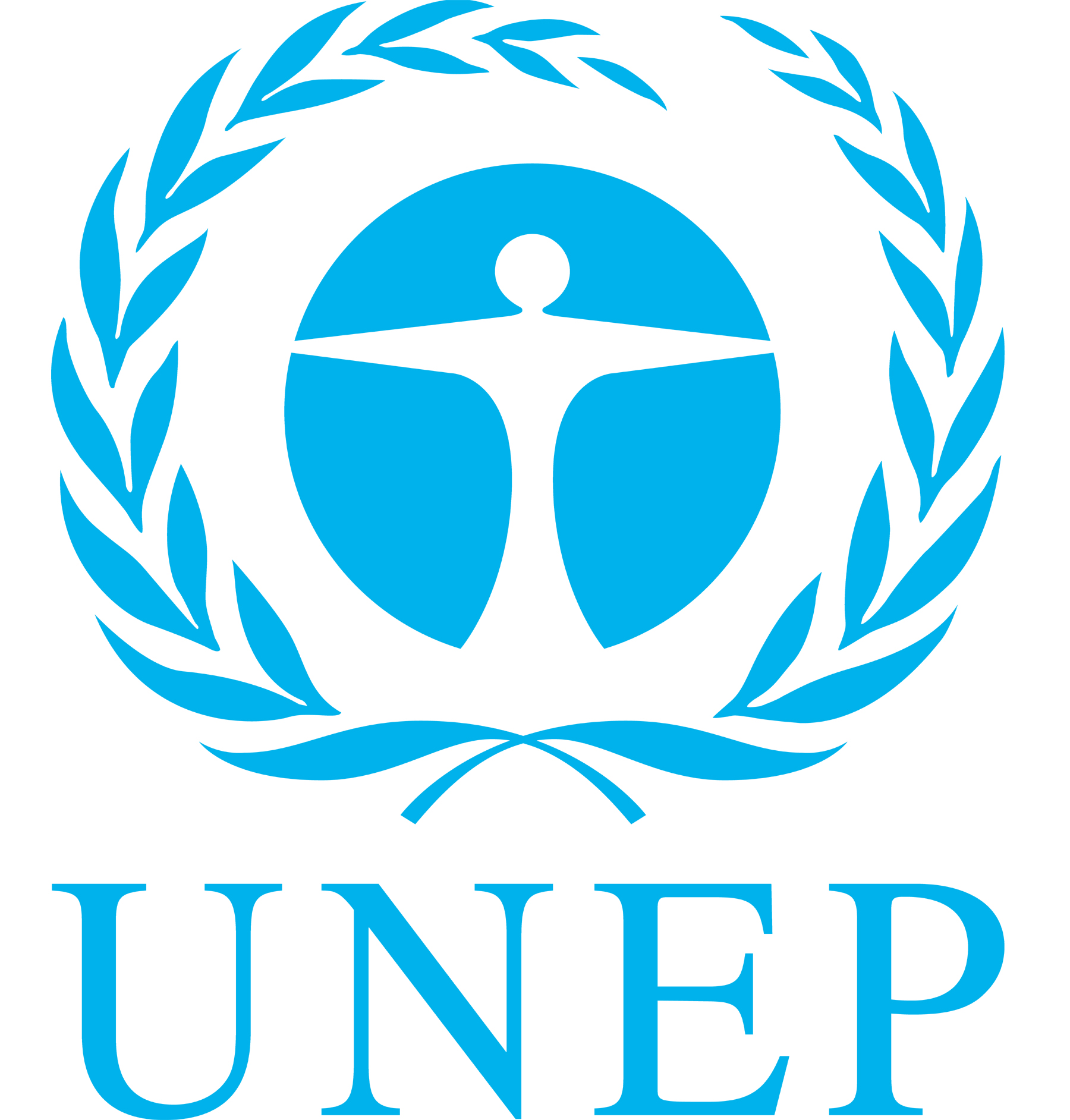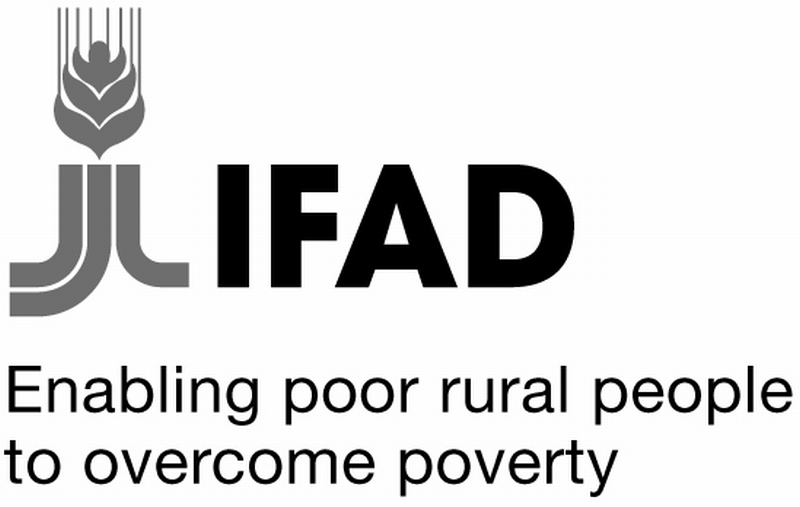To increase the impact of its technical cooperation as well as to promote major issues related to industrial development, UNIDO has joined forces with other organizations and counterparts from the international community, as well as with actors from the private sector, including non-governmental organizations, and the Academia.
Partners in the UN system
United Nations Development Programme (UNDP)
UNDP and UNIDO further strengthened their cooperation through an inter-agency agreement that combines the core competencies and specialized expertise of UNIDO with the broad country-level representation and delivery capacity of UNDP. The operational focus of the agreement lies on two components: expanding UNIDO field coverage in a cost-effective manner through the establishment of UNIDO Desks in UNDP Country Offices, and developing joint activities in private sector development. As a result, UNIDO Desks have been set up in 16 countries, and UNDP and UNIDO have developed a number of joint programmes aimed at strengthening private sector enterprises and institutions in support of national development goals.
United Nations Environment Programme (UNEP)
The flagship of the partnership between UNEP and UNIDO is the National Cleaner Production Centres (NCPC) Programme, which aims at achieving cost-effective reduction of environmental pollutants, improving efficiency of resource use and, to the extent possible, enhancing industrial productivity through cleaner production and the application of environmentally sound technologies. Today, the programme operates in 47 countries.
Food and Agriculture Organization (FAO)
The partnership between FAO and UNIDO focuses on the need to meet mounting global challenges related to agri-business and agro-industry development, bio-energy, economic recovery in post-crisis countries and the organization of global forums. The joint FAO-UNIDO activities have had a distinct qualitative impact: a number of technical manuals, including toolkits, have been prepared on agro-industrial development, and comprehensive technical assessments have been undertaken to gauge the challenges faced by countries in need of assistance.
International Fund for Agricultural Development (IFAD)
IFAD and UNIDO cooperate in the areas of value chain development and market linkages within agro-industry and agro-processing, and food production and bio-energy in Africa, Asia and the Pacific, and Latin America and the Caribbean. Under a recent initiative, IFAD and UNIDO have agreed to intensify their strategic partnership and increase the developmental impact of their complementary assistance. Government support and funding has been secured for three major programmes carried out under this partnership in Nigeria, Sierra Leone and India.
Development Business (DB)
Development Business is the official source for global procurement information made available by the multilateral development banks, the UN system and governments in the developing world. With a mandate to raise awareness of its service amongst private sector firms interested in participating in development projects, Development Business is now seeking to expand its outreach in developing countries through UNIDO's field offices. At the same time, the partnership will promote UNIDO's expertise as a critical voice to be included at various forums organized by DB's partners. The partnership will also focus on the promotion of UNIDO's publication to DB's network and the leveraging of Social Media for reciprocal branding.
International financial institutions
UNIDO is working closely with International Financial Institutions to formulate and implement large scale programmes with multiple impacts and beneficiaries.
African Development Bank (AfDB)
The African Development Bank is the leading financial development institution for Africa. Its mission is to promote economic and social development through loans, equity investments and technical assistance. UNIDO is partnering with the AfDB to implement the medium and long term actions of the AfDB’s Africa Food Crisis Response (AFCR) framework for accelerated support to regional member countries affected by rising food prices. In September 2008, AfDB requested UNIDO and FAO to develop a Post-Harvest Losses Strategy for the bank, which will help define areas of intervention to achieve significant reduction in losses within 6 years. UNIDO will also screen the agriculture project portfolio of the bank and assess the interventions required to address post-harvest losses and recommend pilot interventions/solutions (technology, training etc).
European Investment Bank (EIB)
The European Investment Bank (EIB) is the long-term lending bank of the European Union. Based on EU external cooperation and development policies, EIB's lending for development countries is mainly focused on private sector development, infrastructure development, security of energy supply and environmental sustainability.
UNIDO and EIB are cooperating to identify investment projects in the Middle East. Further cooperation in the areas of renewable energy, environment and industrial upgrading is expected.
World Bank - International Financial Corperation (IFC)
International Financial Corporation (IFC) is the private sector arm of the World Bank group. It provides investments and advisory services to build the private sector in developing countries. It aims at assisting people to escape poverty and at improving their lives through fostering sustainable economic growth in developing countries. This is carried out by financing private sector investment, mobilizing capital in the international financial markets and providing advisory services to businesses and governments.
IFC and UNIDO are seeking collaboration in the areas of supplier development in Africa and Cleaner Production. In particular, a tripartite partnership among UNIDO, UNEP and IFC is expected to foster Cleaner Production investment through financial instruments to promote clean technology.
Inter-American Development Bank (IDB)
The Inter-American Development Bank is the main source of multilateral financing and expertise for sustainable economic, social and institutional development in Latin America and the Caribbean. Its main goals are to promote economic growth and regional integration in the region. It focuses on poverty reduction, energy and climate change, infrastructure, education and innovation. The IDB has two member organizations: the Inter-American Investment Corporation (IIC) and the Multilateral Investment Fund (MIF). The IIC focuses on support for small and medium-sized businesses while the MIF promotes private sector growth through grants and investments, with an emphasis on micro-enterprise.
UNIDO and the IIC have signed a memorandum of understanding. Within this context, UNIDO is providing expertise for workshops on energy efficiency, environmental/social responsibility, standards compliance and Cleaner Production.








